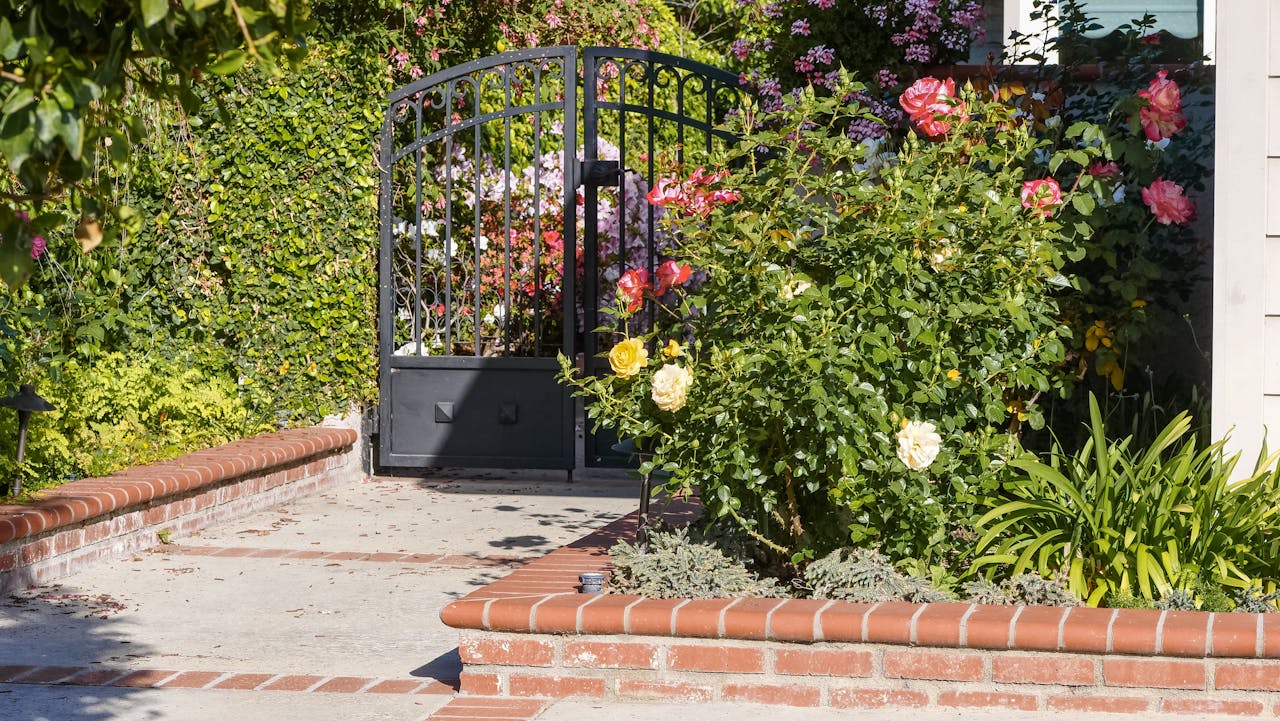In the realm of property security and access control, the choice of a slide gate holds significant importance. Unlike traditional swing gates, slide gates operate horizontally along a track, making them ideal for areas with limited space or where a clear opening is essential. Whether for residential driveways, industrial compounds, or commercial facilities, selecting the appropriate slide gate involves careful consideration of several key factors.

Understanding Your Requirements
When embarking on the journey to select a slide gate, the first step is a comprehensive assessment of your needs. Are you prioritizing security above all else, or is the ease of access a primary concern? Understanding the primary purpose of the gate helps narrow down the options significantly. For residential applications, aesthetics might also play a role alongside functionality. Thoroughly mapping out these requirements lays a solid foundation for making informed decisions.
Factors Influencing Your Choice
Several factors influence the choice of a slide gate. Among the most critical are the dimensions of the opening and the available space for installation. Unlike swing gates that require ample clearance to open, slide gates operate on a horizontal plane, making them suitable for spaces with limited lateral room. This characteristic is particularly advantageous in urban settings or where driveways are narrow.
Security and Durability
For commercial and industrial applications, security is often paramount. Slide gates are renowned for their robust construction and ability to withstand substantial force, making them a preferred choice for securing perimeters. Materials such as steel or aluminum are commonly used for their durability and resistance to weathering. Understanding the level of security needed ensures that the chosen gate provides adequate protection against unauthorized access.
Types of Slide Gates
Slide gates come in various types, each suited to different environments and operational requirements. For instance, the cantilever gate, a popular variant, operates without the need for a ground track, which reduces maintenance and prevents debris buildup. This design is advantageous in locations where snow or gravel accumulation might impede the movement of traditional sliding gates. By utilizing a counterbalance mechanism, this kind of gate offers smooth operation while maintaining high levels of security.
Automation and Access Control
Incorporating automation into your slide gate enhances convenience and security. Automated gates can be operated remotely, allowing for seamless entry and exit without the need to leave your vehicle. Access control systems, such as keypads, RFID readers, or even smartphone apps, further enhance security by restricting access to authorized personnel only. Choosing compatible automation systems ensures reliability and ease of integration with existing security infrastructure.
Maintenance Considerations
Like any mechanical system, slide gates require regular maintenance to ensure optimal performance and longevity. Periodic inspections for signs of wear and tear, lubrication of moving parts, and cleaning of tracks or rollers are essential maintenance tasks. Choosing a gate with accessible components simplifies upkeep and reduces downtime due to unexpected malfunctions.

Selecting the right slide gate involves a careful balance of security, functionality, and durability. By assessing your specific needs, understanding the available options, and considering factors such as space limitations and automation requirements, you can make an informed decision that meets both your immediate and long-term objectives.